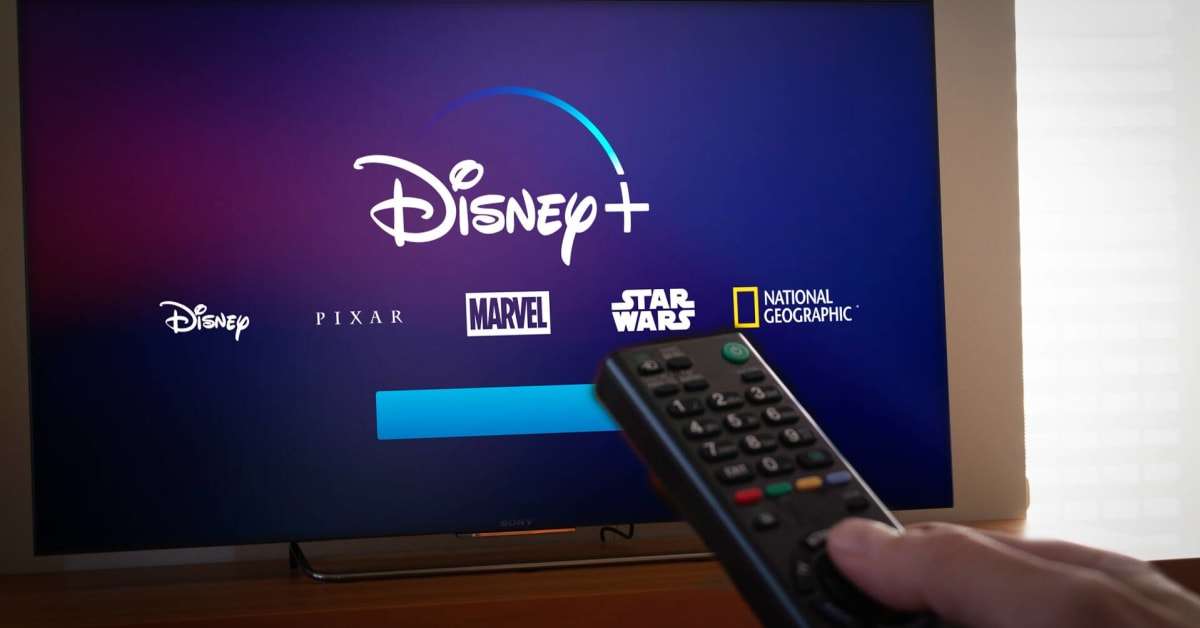Imagine this: You’re swept away into the fantastical world of Disney magic, and just as you’re delighting in the enchantment, you’re hit with a story that’s much less magical but no less astonishing. Disney, the entertainment giant that has brought joy and wonder to so many, has recently made a surprising legal maneuver that seems to reflect its commitment to responsibility and transparency.
It all started with a profoundly tragic event. The doors to the “Happiest Place on Earth” were overshadowed by an incident leading to a wrongful death lawsuit. As a company that operates under intense public scrutiny, Disney frequently finds itself embroiled in legal disputes. However, the company’s decision to waive its right to arbitration in this particular case is causing waves in the legal and business communities.
Arbitration, once a confidential and faster alternative to court battles, is often the path corporations prefer. It’s behind closed doors, and guess what? The details mostly stay out of the public eye. Disney’s waiver of this process is both a legal twist and a powerful statement. It signals a move toward greater transparency, holding themselves accountable in a more public forum—the courtroom.
Why does this matter, you ask? For a corporate heavyweight like Disney, making such a decision open to the public eye is both bold and potentially precedent-setting. It suggests a commitment to taking responsibility and possibly transforming the way corporate litigation is viewed—shining a light on procedures that might otherwise remain hidden.
For those of us who follow the corporate antics of the House of Mouse, this represents a moment of significant interest. Will this set a new precedent for other companies? How will this alter Disney’s public image and internal policies? It’s these questions that make this story not just a legal affair but a touchpoint for corporate ethics and public relations.
We invite you, our readers, to dive into this discussion with us. What are your thoughts on Disney’s unexpected legal decision? Do you think it could change the landscape of how big companies handle lawsuits? Share your thoughts in the comments below and keep the conversation alive!
Source: Fernanda Tronco



